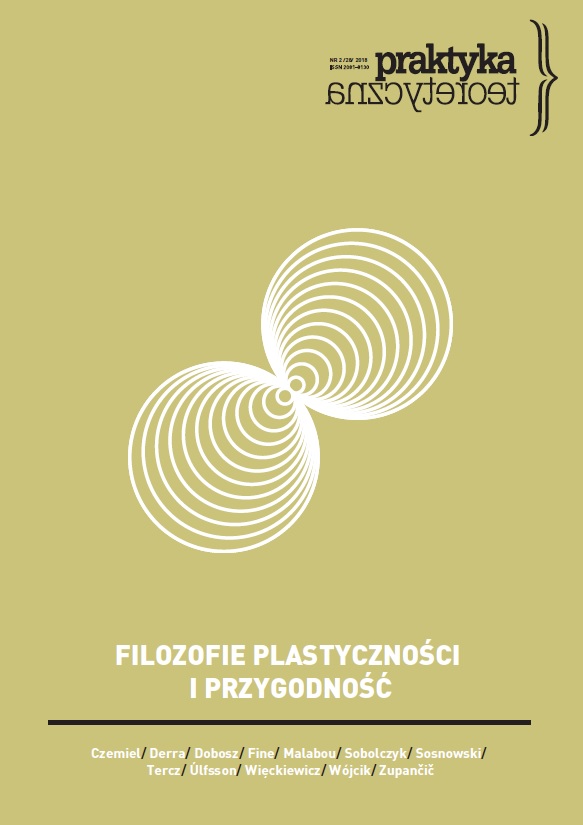Krytyka czystej nieświadomości: Kilka uwag o wpływie filozofii Kanta na Anty-Edypa Deleuze’a i Guattariego
Critique of Pure Unconsciousness: Some remarks on the impact of Kant’s philosophy on Gilles Deleuze’s and Félix Guattari’s Anti-Oedipus
Author(s): Jakub TerczSubject(s): Philosophy, Structuralism and Post-Structuralism, Psychoanalysis
Published by: Uniwersytet Adama Mickiewicza
Keywords: transcendentalism; psychoanalysis; desire; unconsciousness; machines; synthesis
Summary/Abstract: In spite of popular interpretation of Gilles Deleuze’s philosophy as a kind of postmodernism, poststructuralism or Nietzscheanism, this paper reveals its deep rooting in the transcendental idealism of Immanuel Kant. According to the main thesis, it was Kant who delivered the primary source of philosophical schemes that inspired both the early (expressed mainly in Difference and Repetition, 1986), and late period of Deleuze’s work, starting with the first volume of Capitalism and Schizophrenia called Anti-Oedipus, written in collaboration with Félix Guattari (1972). The main part of the essay contains contextual analysis of the latter. In Anti-Oedipus Deleuze and Guattari propose the concept of desire (unconscious) as a power capable of constituting nomadic subjectivity, characterized by the openness to difference, creativity, and drawing strength from social diversity. However, they note that a desire is characterized by a tendency to undergo internal illusions and, as a result, to block its own revolutionary and creative possibilities. That is why, say Deleuze and Guattari, it is necessary to carry on the critique of pure unconsciousness, whose aim is to reveal these illusions and perhaps to free us from them.
Journal: Praktyka teoretyczna
- Issue Year: 2018
- Issue No: 28
- Page Range: 235-257
- Page Count: 23
- Language: Polish

